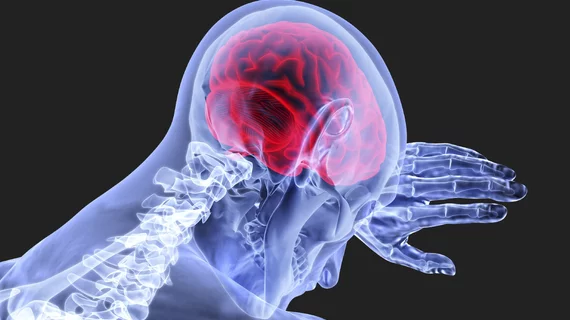Study will use AI to reduce brain injury deaths
A professor at Virginia Tech is gearing up for a four-year study that will use machine-learning techniques to help physicians decrease the number of deaths from traumatic brain injuries (TBIs).
The research is being led by Chandan Reddy, PhD, an associate professor in the Department of Computer Science at Virginia Tech and a Discovery Analytics Center faculty member. The study is funded by a grant through the National Science Foundation worth more than $1 million, according to a press release from the university.
“This work has a strong potential for application in broader contexts within the healthcare industry by helping families with decision-making about long-term care and by potentially informing ways to reduce overall healthcare and societal costs for this patient population as well,” Reddy said in a statement. Reddy will also work with researchers and experts from Emory University and the Universities of Arizona and Cincinnati.
Last year, a different national multi-year, multi-center project began analyzing brain imaging data with AI to improve treatment of TBI.
Reddy plans to use new machine-learning techniques for computational models to predict short- and long-term outcomes, categorize traumatic brain injury patients and provide tailored treatment plans for patients and their injuries. Researchers will use both inpatient bedside and remotely-monitored telemedicine data for the study.
Researchers hope the project will provide insight on detecting and preventing secondary brain injuries by utilizing novel computational algorithms.
“While nothing much can be done to change a primary brain injury, there is room to prevent further damage to the brain,” Reddy said.

